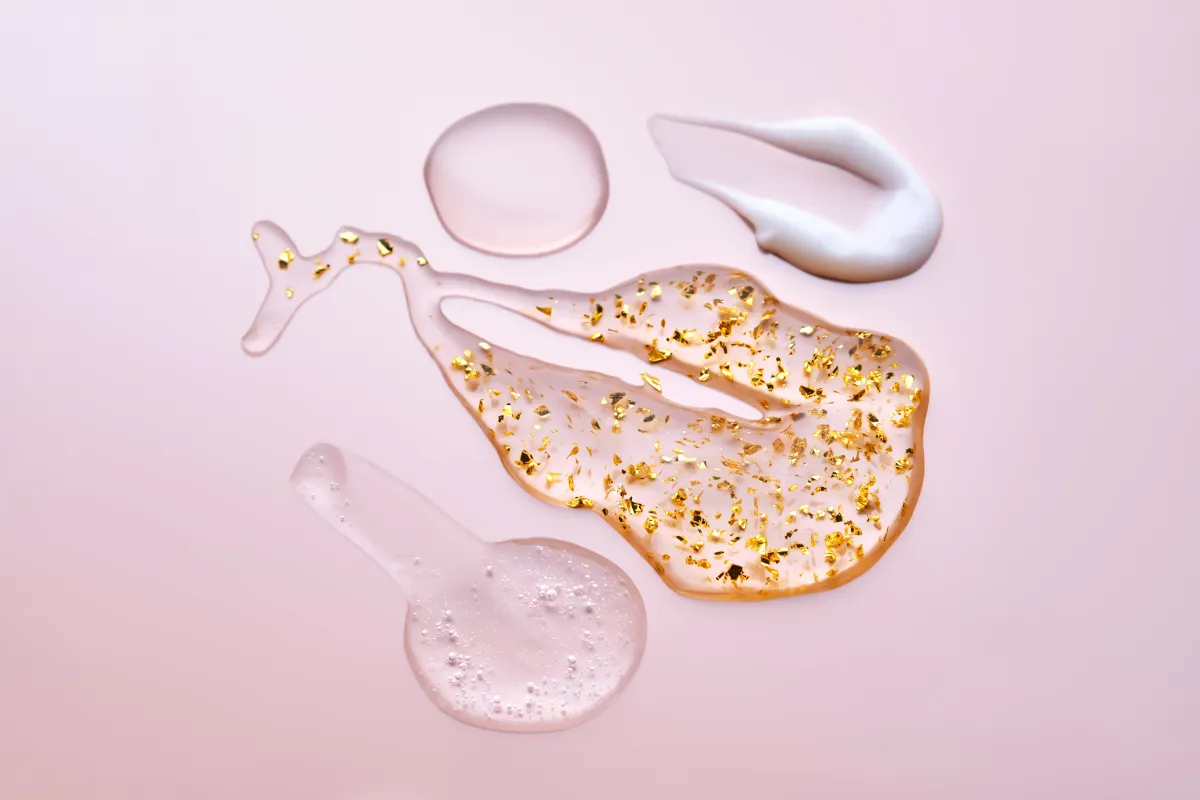Vaginal Thrush: Gut Health
Vaginal thrush is a common fungal infection caused by Candida overgrowth, leading to itching, irritation, and discharge, typically treated with antifungal medications.

Description of Vaginal thrush:
Vaginal thrush, also known as a yeast infection, is a common condition caused by the overgrowth of a fungus called Candida albicans. This fungus is naturally found in small amounts in the human body, including the vagina, but can cause an infection when it multiplies excessively. Typically, the balance of beneficial bacteria in the vaginal area prevents the overgrowth of Candida. However, certain factors can disrupt this balance, leading to thrush.
Common causes include the use of antibiotics, which can kill beneficial bacteria, hormonal changes, such as those during pregnancy or menstrual cycles, and a weakened immune system. Symptoms of vaginal thrush often include intense itching, irritation, and a thick, white discharge resembling cottage cheese. Some may also experience soreness and discomfort during intercourse or urination.
Although uncomfortable, vaginal thrush is usually not a serious condition and can be treated effectively with antifungal medications, available as creams, ointments, or oral tablets. Maintaining a healthy balance of bacteria in the vagina, including avoiding douching and using unscented and gentle personal care products, can help prevent future occurrences.
role of gut imbalances in vaginal thrush:
Gut imbalances play a critical role in the development of vaginal thrush, a condition caused by the overgrowth of the fungus Candida albicans. This fungus naturally resides in the human body, including the gut and vagina, but an imbalance in gut flora can allow Candida to proliferate excessively, leading to thrush.
The connection between gut health and vaginal health is crucial because the microbes colonizing the vagina often originate from the gut. When the gut flora is disrupted, a condition known as gut dysbiosis occurs, characterized by a reduction in beneficial bacteria and an overgrowth of harmful ones like Candida. This imbalance impacts the body's natural defense against fungal infections.
In instances of recurrent vaginal thrush, Candida often persists in the bowel. Users of topical anti-fungal treatments targeting the vaginal area may experience temporary relief, but without addressing the underlying gut dysbiosis, the infection can recur. Ensuring a healthy gut flora—rich in beneficial bacteria—is essential in preventing and managing vaginal thrush, as a balanced gut environment helps suppress the overgrowth of harmful fungi and supports overall immune function.
Therefore, treating and preventing vaginal thrush effectively often requires a dual approach: topical treatments to address the immediate infection and measures to restore and maintain a healthy gut microbiome. Dietary changes, probiotics, and prebiotics can support this balance by promoting the growth of beneficial gut bacteria capable of keeping Candida in check.
